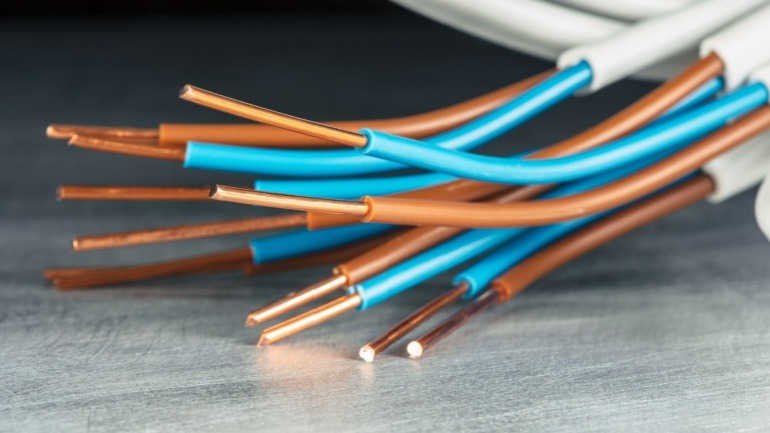As European telecom operators strive to replace aging copper networks, a new BEREC report reveals they will likely miss their 2030 switch-off deadline. With the EU aiming for 100% copper phase-out by 2030 to boost digital capacity, expectations are high. However, the recent survey underscores significant hurdles for the region.
Only ten regulators, mainly from EU states, are optimistic about hitting this target. The interim goal of reaching 80% cessation by 2028 seems equally challenging. These ambitious objectives are a part of the European Commission’s push towards enhancing its Digital Decade aims, which include extensive fibre and 5G connectivity by 2030.
BEREC emphasizes that a strictly outlined roadmap would bolster the EU’s connectivity goals, providing investors confidence in fibre network investments. However, countries like Belgium have extended their timelines, estimating that 80% disconnection won’t occur until 2034, and complete copper phase-out by 2040.
The majority of regulators struggle to forecast when copper networks will be completely replaced. Challenges vary, with some countries lacking necessary infrastructure or facing unique environmental conditions.
While some progress has occurred, BEREC’s report highlights the importance of safeguarding users as services transition. Measures such as adequate notice periods and accessible alternatives are crucial, as technical challenges aren’t the only issues—reluctance to disrupt user experience prolongs timelines.
“In almost all countries where at least some parts of the copper network have been switched off, a few percent of end users had to be forcibly switched off, leading some countries to postpone some switch-off steps,” BEREC reported.
The UK’s similar struggles underscore global challenges. Its recent agreement on safeguarding telecare users, with BT and other operators, delayed their digital transition deadline to 2027.







